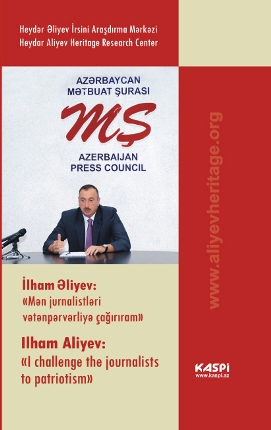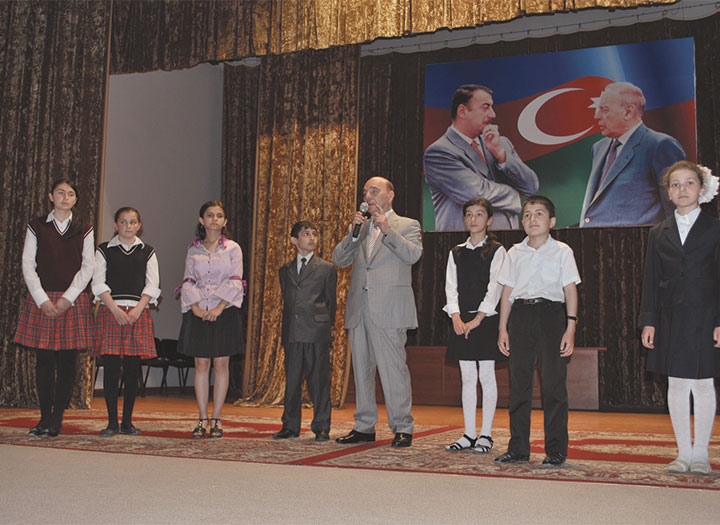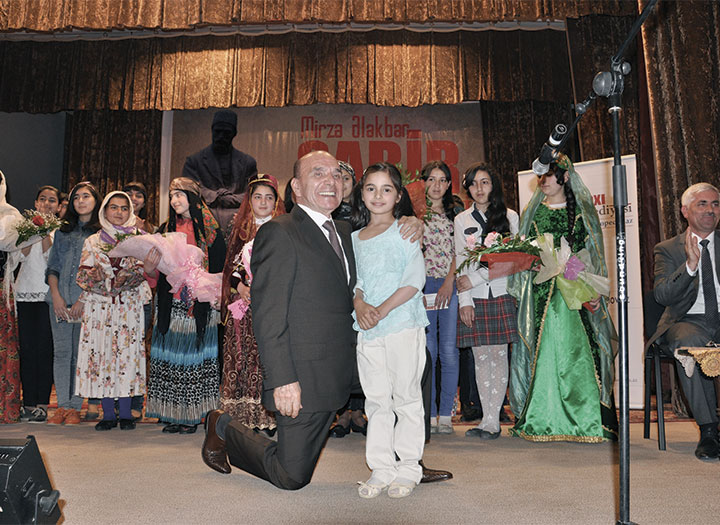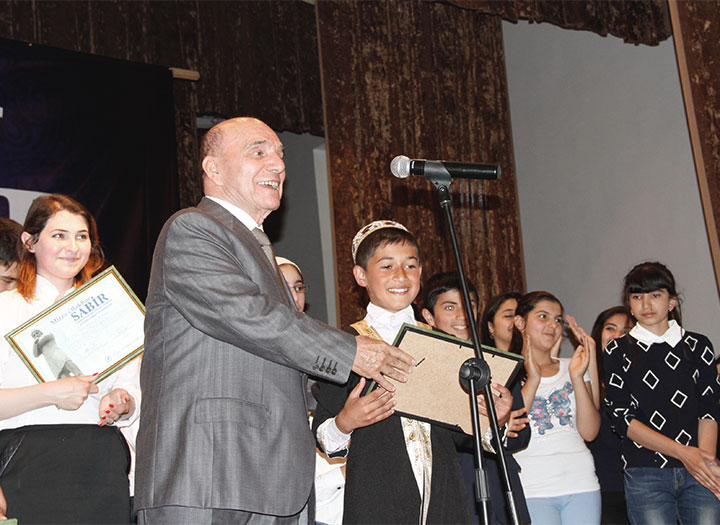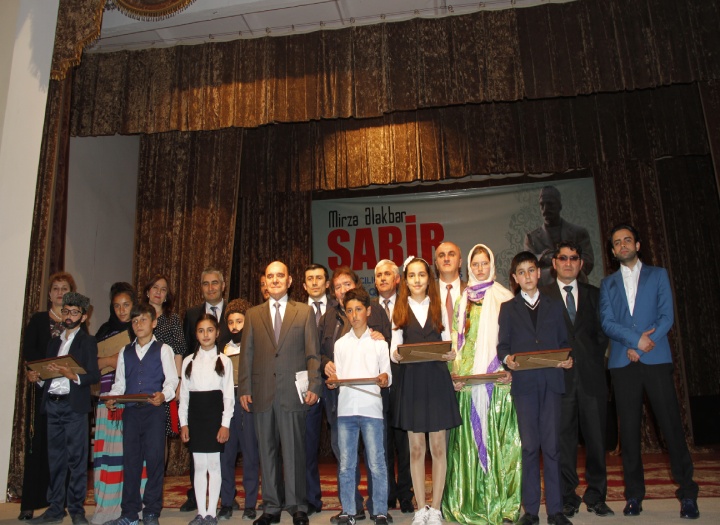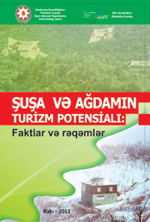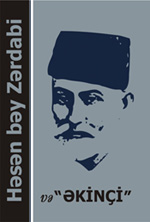Introduction and general considerations
1. The Committee of Ministers opened the European Convention on Transfrontier Television (hereinafter referred to as “the Convention”) for signature on 5 May 1989. The Convention entered into force on 1 May 1993.
2. Under Article 20 of the Convention, a Standing Committee on Transfrontier Television was established in June 1993.
3. Since its establishment, this Standing Committee has been monitoring the implementation of the Convention by the Parties, discussing the difficulties related to the application of the Convention and has formulated Opinions on the interpretation of the provisions of the Convention. It has also monitored the economic, technological and political developments which have taken place since 1989.
4. One of the major relevant political developments was the revision of the “Television without Frontiers” Directive within the framework of the European Community, since the Convention, at the time of its preparation, had been negotiated in parallel with the drafting of this Directive.
5. In order to maintain a coherence with Council Directive 89/552/EEC of 3 October 1989 on the co-ordination of certain provisions laid down by Law, regulation or administrative action in Member States concerning the pursuit of television broadcasting activities as amended by Directive 97/36/EC of the European Parliament and the Council of 19 June 1997 (hereinafter referred to as “the revised Directive”), in the interest of legal certainty of both States and transfrontier broadcasters, the Committee of Ministers adopted this Protocol amending the European Convention on Transfrontier Television on 9 September 1998, and opened it for acceptance by the Parties to the Convention.
Commentary on the provisions of the Protocol
Articles 1-33
6. The complete set of changes made to the original Convention under Articles 1-33 of the Protocol is explained in detail in the Explanatory Report to the amended Convention which is appended to this Explanatory Report (see Appendix 1). The consolidated version of the Convention as amended by the Protocol is also appended to this Explanatory Report (see Appendix 2).
Article 34
7. One of the reasons why the Protocol does not allow member States which become Party to it, to make reservations was the urgent need to amend the Convention along the same lines as the revised Directive in order to avoid that those States to which the revised Directive applies and the States which are only Parties to the Convention be subject to two different legal regimes.
8. The other reason was the specific nature and purpose of the Convention in that it lays down a minimum of basic standards by which television programme services may enjoy unhindered transfrontier circulation. It was deemed not to be desirable to allow Parties to derogate from these minimum standards by making reservations in regard to the application of the Convention.
Article 35
9. The ultimate deadline for the transposition of the revised Directive into the domestic law of the Member states of the European Community is 30 December 1998. Since the Member States of the European Community are already in the process of adapting their domestic law to the provision of the revised Directive, it was felt important to shorten as much as possible the period between the adoption of the amending Protocol and its entry into force. In principle, the amending Protocol will only enter into force when the last Party to the Convention has deposited its instrument of acceptance with the Secretary General of the Council of Europe (Article 35, paragraph 1).
10. With a view to shortening the time lapse between the adoption of the amending Protocol and its entry into force, Article 35, paragraph 2 provides that the Protocol shall enter into force following the expiry of a period of 2 years after the date on which it has been opened for acceptance, unless a Party to the Convention has notified the Secretary General of the Council of Europe of an objection to its entry into force.
11. The choice of this procedure has been inspired by the successful use of such tacit acceptance clause for the amendment of the:
– European Agreement on the Exchange of Therapeutic Substances of Human Origin (ETS 26, 1958);
– Agreement on the Temporary Importation, Free of Duty, of Medical, Surgical and Laboratory Equipment for Use on Free Loan in Hospitals and Other Medical Institutions for Purposes of Diagnosis or Treatment (ETS 33, 1960);
– European Agreement on the Exchanges of Blood-Grouping Reagents (ETS 39, 1962).
12. These original Agreements were all amended by Protocols (ETS 109, 110 and 111). In addition to providing for an entry into force following the deposit of instruments of acceptance by all the State Parties to the Agreements, they contained a tacit acceptance clause similar to the one which appears in this amending Protocol. Since no State Party formulated an objection, the three Additional Protocols entered into force on the expiry of a period of two years from the date on which they had been opened for acceptance. The tacit acceptance clause did not prevent certain States from depositing an instrument of acceptance.
13. Thus, those Parties to the Convention which, under their domestic law, notably their constitutional law, are not able to accept the automatic entry into force of the amending Protocol, have the possibility to either follow their regular procedures for the acceptance of the Protocol or, if these cannot be finalised within the period of two years foreseen for this in the Protocol, object against the automatic entry into force for their country.
14. Should a Party notify the Secretary General of the Council of Europe of an objection to the automatic entry into force of the amending Protocol, the Protocol shall not enter into force until the Party to the Convention which has notified the objection has deposited its instrument of acceptance with the Secretary General. There is a risk that a State which becomes a Party to the original Convention after the opening for acceptance of the amending Protocol, does not at the same time accept the amending Protocol and, in addition, notifies an objection against the automatic entry into force of the amending Protocol. The result would be that this State would block the entry into force of the amending Protocol for an indefinite period of time. To avoid this situation, it is foreseen that the right to make an objection shall be reserved to those States or the European Community which already expressed their consent to be bound by the Convention. However, since at the time of the adoption of the amending Protocol, a number of States had already initiated at their national level, the process of becoming Parties to the original Convention, an exception was made for them by providing that they will also have the right to make an objection if they express their consent to be bound by the Convention prior to the expiry of a period of three months after the opening for acceptance of the Protocol to amend this Convention.
15. On the other hand, a Party to the Convention may declare that it will apply the Protocol on a provisional basis. In such a case, the Party declares its willingness to comply immediately with the new standards, while the other Parties remain bound by the original Convention. A Party which declares that it will apply the Protocol on a provisional basis thereby makes clear its intention to assume immediately the obligations stemming from it. As long as the original Convention remains in force, provisional application can only be required on the basis of reciprocity. A Party may not impose the new obligations on other Parties which do not accept the provisional application.
16. This option may be of interest to those Parties in which international treaties are directly applicable without there being a need for the transposition of the provisions of the Convention or its amending Protocol into domestic law. In such a case, these Parties could use the more liberal rules of the amended Convention to authorise the reception and distribution of certain programme services from foreign broadcasters which have developed over the past years but which may be violating the rules of the original Convention (such as, for example, channels exclusively devoted to tele-shopping), while at the same time similar and equally liberal domestic rules would apply to the domestic broadcasters of the State concerned.
Article 36
18. This provision is based on the model final clauses adopted by the Committee of Ministers for conventions and agreements prepared within the framework of the Council of Europe.
